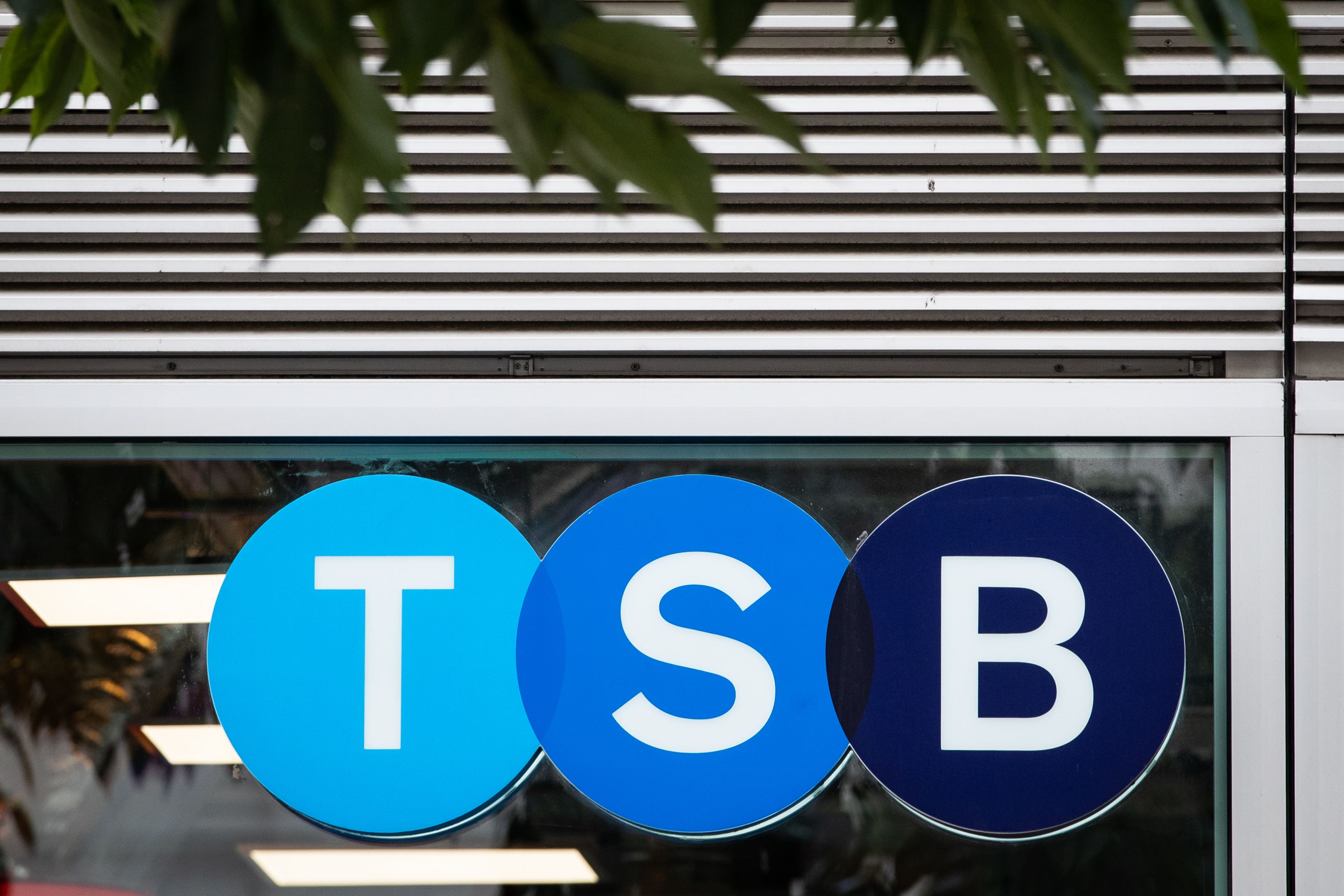‘Mortgage prisoner’ contracts not breached by different rates, judge rules
Hundreds of people are bringing legal action against TSB Bank over their ‘Whistletree’ mortgages.

More than 2,000 people who claim they are “mortgage prisoners” did not have the “express” terms of their contracts breached by being charged different interest rates by a bank, a judge has ruled.
Around 2,500 people are bringing legal action against TSB Bank over their “Whistletree” mortgages, with the High Court in London told earlier this year they are paying an interest rate that TSB is not allowed to charge.
The bank opposes the claims, arguing that they are “plainly misconceived” and that charging borrowers different rates is a “basic feature of the mortgage market”.
The defendant has not breached the express terms of the claimants’ mortgage contracts by charging the claimants interest rates based on the Whistletree SVR and not on the TSB SVR
At a hearing in July, Judge Nicholas Thompsell, sitting as a High Court judge, was asked to rule on several preliminary issues in the case.
In a ruling on Wednesday, he said that TSB “has not breached the express terms” of the contracts by charging different interest rates.
Tim Lord KC, for the borrowers, told the court in written submissions that they saw their initial lender, Northern Rock, collapse in the 2008 financial crisis, with their mortgages later taken over by TSB.
They were charged a standard variable rate (SVR) which Mr Lord said was 2.29% higher than TSB’s own SVR and differed from the fixed or tracker rates they paid under Northern Rock.
Mr Lord said that TSB required the borrowers to apply for a new mortgage if they wished to switch to a cheaper rate, or change bank, but many customers were unable to pass affordability assessments after rules were tightened in 2014, leaving them “imprisoned”.
He claimed that some borrowers had been paying the higher interest rate for up to eight years, meaning the claim was “of grave financial importance” and that TSB had “disproportionately profited” at their expense.
Sonia Tolaney KC, for the bank, said in written submissions that the complaints had “no merit” and were “plainly misconceived”.
She continued that TSB “offers different products, at different prices, to different customers, with different risk profiles” and that this was “neither surprising nor unfair”.
Although they are disappointed that the result of the preliminary issues trial is not to immediately determine the claims in their favour, they are looking forward to progressing their claims to the next stage and - ultimately - to a full trial
In a 49-page ruling, Judge Thompsell said that TSB was “in the shoes originally filled by Northern Rock” and was “continuing to administer the same SVR as Northern Rock had administered”.
He concluded: “The defendant has not breached the express terms of the claimants’ mortgage contracts by charging the claimants interest rates based on the Whistletree SVR and not on the TSB SVR.”
“The Whistletree SVR should be regarded as the continuation of the original SVR originally operated by Northern Rock, and not as a new rate.”
A further hearing in the case is expected to be held at a later date.
Following the ruling, a TSB spokesperson said: “We welcome the court’s decision today, which recognises that TSB acted in accordance with the terms of Whistletree mortgage contracts.”
The bank added that more than two-thirds of customers had switched to a new mortgage product with Whistletree or another lender, or settled their mortgage, since 2016, and that borrowers are reminded that they can switch at least annually.
Matthew Patching, partner at Harcus Parker, a law firm which represents the claimants, said: “Our clients are pleased that the judge seemed to appreciate the difficulties they have faced since the collapse of Northern Rock and the purchase of their mortgages by TSB.
“Although they are disappointed that the result of the preliminary issues trial is not to immediately determine the claims in their favour, they are looking forward to progressing their claims to the next stage and – ultimately – to a full trial.”
Bookmark popover
Removed from bookmarks